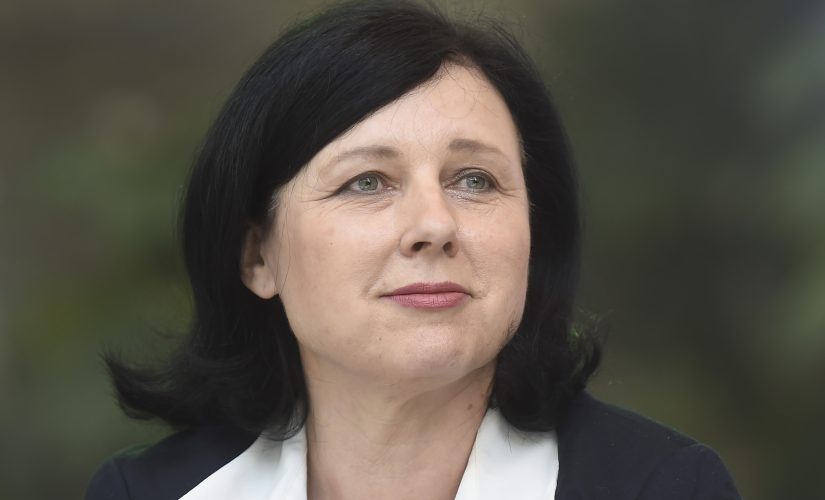Věra Jourová, the Vice-President of the European Commission publicly asked for aid from major media companies such as Google and Meta in the promotion of independent media in Belarus.
In a recent interview with the Financial Times, Jourová said “Fighting disinformation and promoting media freedom are two sides of the same coin — and we want Big Tech to do both.”
Journalists displaced by the current regime of President Alexander Lukashenko – in power since 1994 – have argued that Belarus is at risk of being dominated by state-controlled media that promotes disinformation and leading EU political figures have questioned the way major tech companies promote news articles in the country.
Chair of the delegation for relations with Belarus, Juozas Olekas said “After some time all independent media channels are at the very back of the news feeds,” while “the top news are dominated by Lukashenko’s media and Russian media channels”.
Exiled leader supports decision
Belarus has been in turmoil politically with Lushenko’s heavy involvement in the Russia-Ukraine war and the alleged rigged elections in 2020.
Opposition leader, Sviatlana Tsikhanouskaya had to leave the country over safety fears amidst her win in the polls, which Lushenko’s regime covered up and responded with a brutal crackdown on protesters. Leading to the arrests of 6,000 individuals and over 500 Belarusian journalists in exile.
She took to X to support the European Commission’s support of “Belarusian independent media fighting the regime’s propaganda”:
Important call by 🇪🇺 @EU_Commission Vice-President @VeraJourova urging Big-Tech to support Belarusian independent media fighting the regime's propaganda. Especially, platforms should support content in the Belarusian language.https://t.co/8pgDUjAWXL
— Sviatlana Tsikhanouskaya (@Tsihanouskaya) January 8, 2024
Jouranova goes on to say in her interview that “there are laws and initiatives in the EU to make sure that online platforms are doing the right thing.”
European Media Freedom Act
Last month the European Commission agreed to the European Media Freedom Act, which hopes to bring new rules into place to protect journalists and media freedom across the EU member states – which Belarus is not.
The act is determined to support no interference in editorial decisions of media and to provide a governing European Board for media services, stating that “The Board will also coordinate measures regarding non-EU media that present a risk to public security, and it will organise a structured dialogue between Very Large Online Platforms, the media and the civil society.”
Jourova said “This paramount piece of legislation sets out clear principles and safeguards for media independence. The European Media Freedom Act makes sure that journalists are protected in their work, also against intrusive spyware and that public media does not become a propaganda tool of one party.”
In other security news, Ukrainian media infrastructure was dealt a heavy blow last month with concentrated cyber attacks. This left 24.3 million people across the Russia-Ukraine warzone without access to cell devices and one of the largest banks, Monobank was targeted with a massive denial of service (DDoS).
Image credit: EU Commission.





